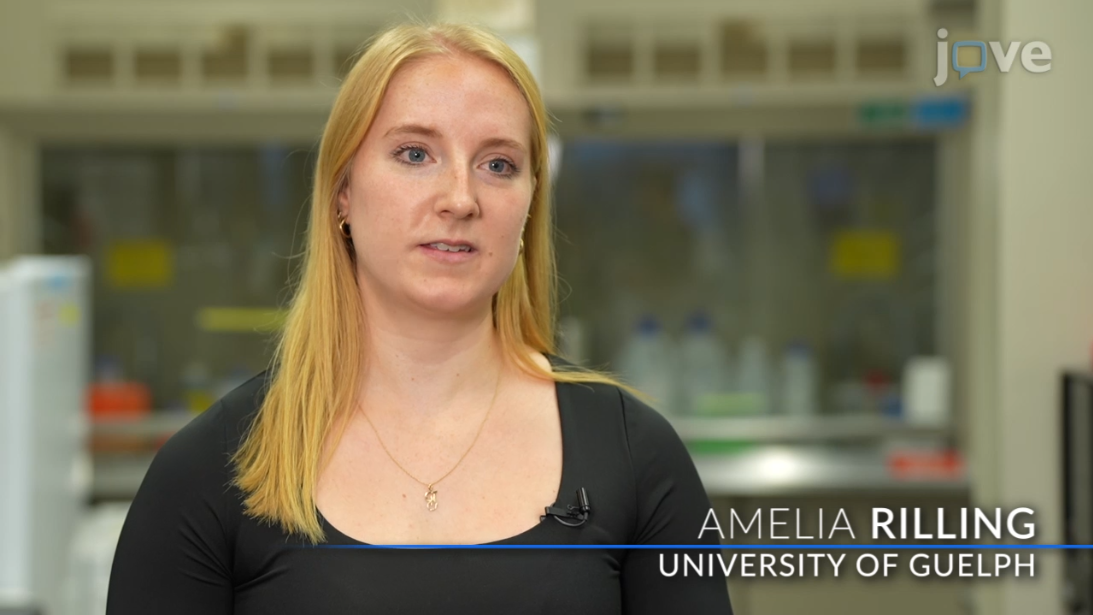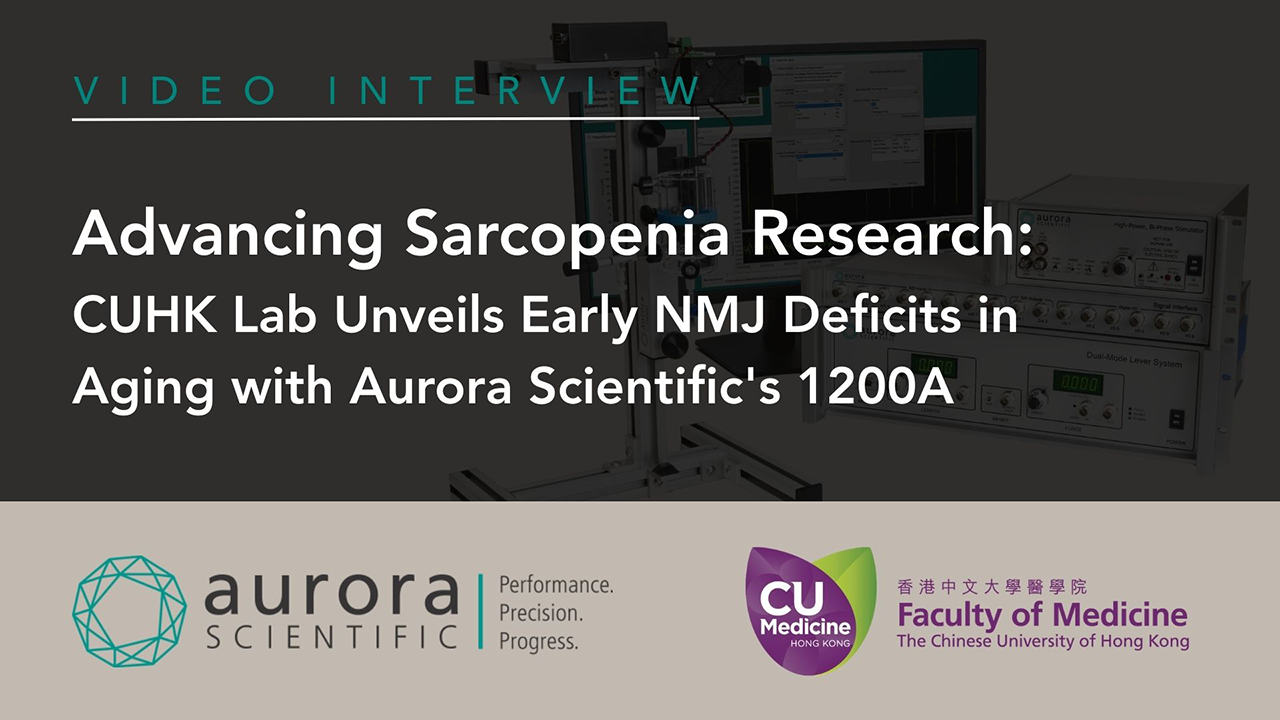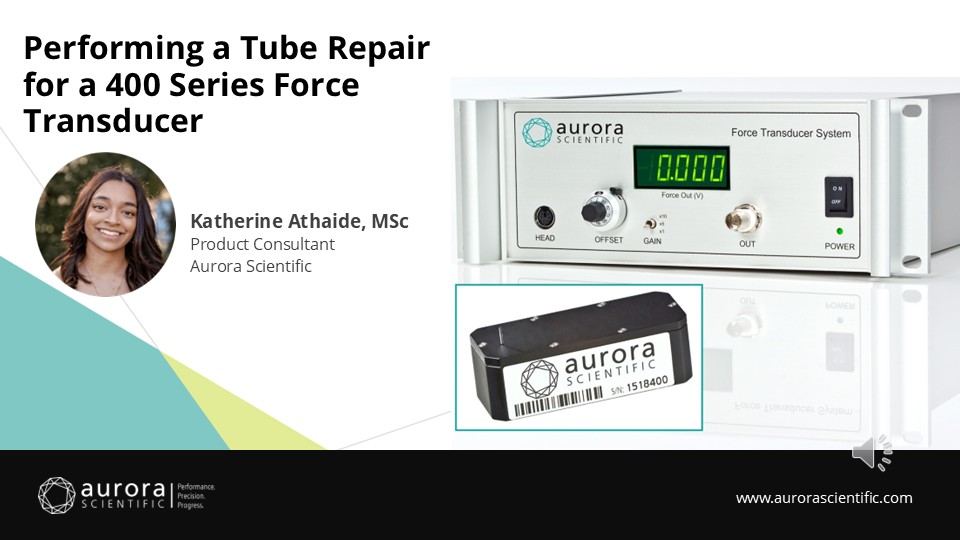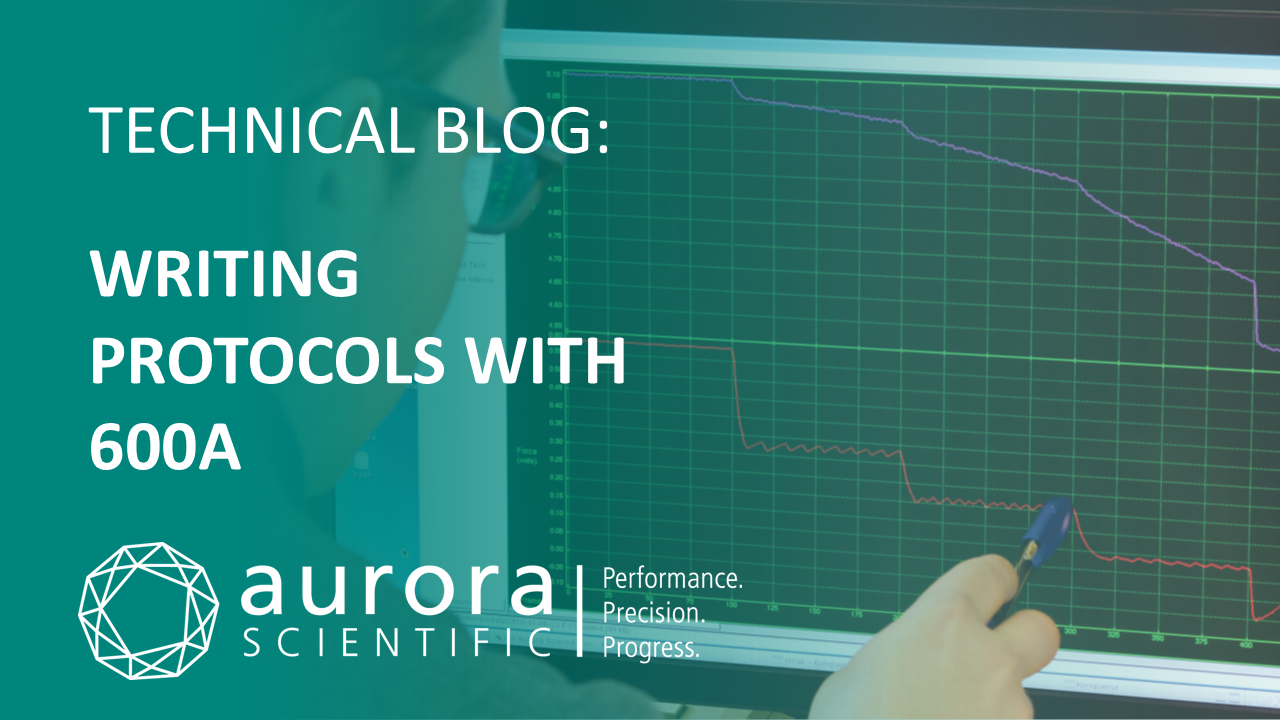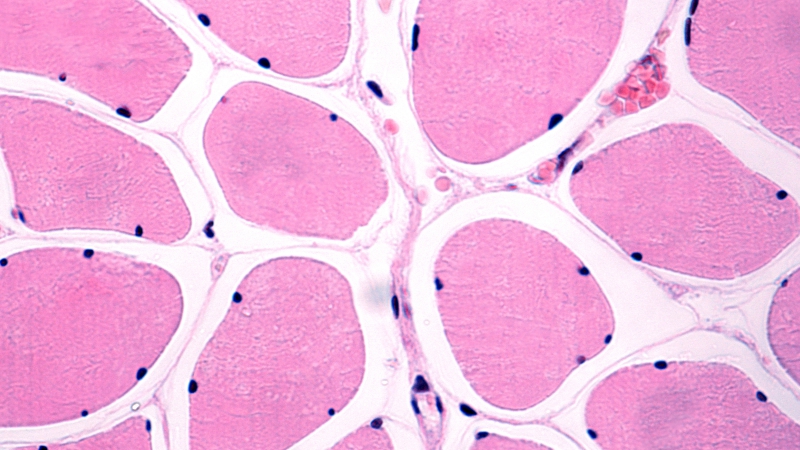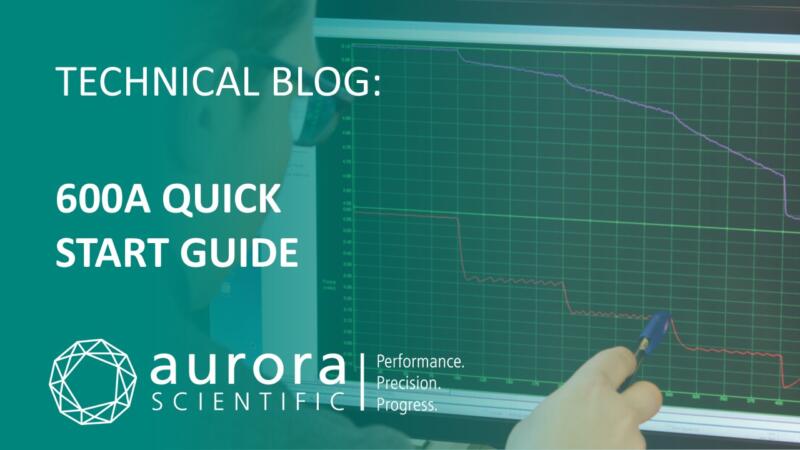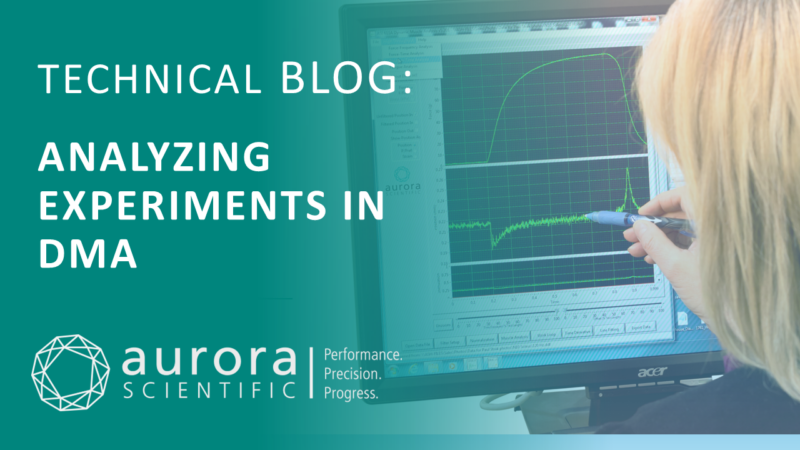Construction of Constant-Load (Isotonic) and Constant-Velocity (Isokinetic) Torque-Velocity-Power Profiles In vivo for the Rat Plantar Flexors
Quantification of knee extensor maximal strength is imperative to understand functional adaptations to aging, disease, injury, and rehabilitation. We present a novel method to repeatedly measure in ...
On-Demand WEBINAR: Redox Regulation of Skeletal Muscle: A Journey from Liverpool to the International Space Station
ORIGINAL AIR DATE: September 9, 2025 Join Dr. Anne McArdle and Dr. Malcolm Jackson as they explore groundbreaking research from the Muscle Laboratories at the University of Liverpool. They’ll ...
Advancing Sarcopenia Research: CUHK Lab Unveils Early NMJ Deficits in Aging with Aurora Scientific’s 1200A
Recent interview with Louis Cheung, PhD and Can Cui, PhD from the CUHK Department of Orthopaedics and Traumatology about Sarcopenia and NMJ Function in ...
Calling in Reinforcements: Tube Repair of an ASI 400 Series Force Transducer
A step-by-step tech cast on how to perform a tube repair for Aurora Scientific's 400 Series Force Transducers, Katherine will share tips, tricks and best practices for best ...
Building Bridges in Muscle Research: AMB’s Innovative Approach and Partnership with Aurora Scientific
Hear Dr. Anthony Hessel and Dr. Khoi Nguyen chat about Accelerated Muscle Biotechnologies beginnings, their goals for the small angle x-ray diffraction technique in research, and their future ...
Redox Regulation of Skeletal Muscle: A Journey from Liverpool to the International Space Station
Join Dr. Anne McArdle and Dr. Malcolm Jackson as they explore groundbreaking research from the Muscle Laboratories at the University of Liverpool. They'll examine how redox regulation influences the ...
Research Highlight: Q&A with Dr. Daniel Ham
An in-depth Q&A with Dr, Daniel Ham who offers a behind-the-scenes look at his recent Nature Communications publication, including the study’s conception, execution, and implications for the ...
On-Demand WEBINAR: Effects of Ovarian Failure on Muscle Form and Function
ORIGINAL AIR DATE: WED, OCT 30, 2024. Aurora Scientific is proud to have been a sponsor of the 2024 Women’s Health Webinar Series: A Physiological Analysis. The American Physiological Society ...
Writing Protocols with 600A for Permeabilized Tissues
This blog will provide a brief overview of how to write protocols using our Real-Time Muscle Data Acquisition and Analysis System (600A) software.
Molecular Signals Mediating Increases in Muscle Size and Function
In this webinar, Dr. Bert Blaauw elucidates skeletal muscle regulatory pathways and offers approaches to tackle muscle deficits for ...
Quick Start Guide to 600A
This blog will provide a brief overview of how to start-up and utilize our Real-Time Muscle Data Acquisition and Analysis System (600A) software.
In vivo Measurement of Knee Extensor Muscle Function in Mice
Quantification of knee extensor maximal strength is imperative to understand functional adaptations to aging, disease, injury, and rehabilitation. We present a novel method to repeatedly measure in ...
WEBINAR: Effects of Ovarian Failure on Muscle Form and Function
Live October 30th, this presentation features Parastoo Mashouri highlighting her pioneering research on the effects of gradual ovarian failure on skeletal muscle ...
Out of This World Research at Brock University: Post Mission Insights into Alterations of Soleus Muscle Function in Space-Flown Mice
Hear Dr. Val Fajardo, Jessica Braun, and Briana Hockey on their experience working on NASA's Rodent Research-20 (RR-20) mission at the Roskamp Institute, the data collected utilizing Aurora ...
Step-by-Step: Analyzing Experiments in DMA
This blog will provide a walkthrough of how to analyze an experiment in our Dynamic Muscle Analysis (DMA) LabBook ...
Unlocking Heart Health: Revolutionizing Diastolic Function through Integrative Muscle Physiology at Wayne State University
Dr. Charles Chung is an Associate Professor of Physiology at Wayne State University. Using integrated physiology, analyzing data from the molecular level to the whole muscle, his laboratory aims to ...
In Vivo Measurement of Hindlimb Dorsiflexor Isometric Torque from Pig
The present protocol describes concise experimental details on the evaluation and interpretation of in vivo torque data obtained via electrical stimulation of the common peroneal nerve in ...
Out of This World Research at Brock University: Space Flight’s Impact on Female Mice Reproductive Health
NASA's SpaceX CRS-29 launched on November 9th carrying the Rodent Research-20 (RR-20) payload, the contents of which will be studied by Brock University's Dr. Val Fajardo and his team using Aurora ...
Cut and Paste of Myosin Binding Protein-C in Striated Muscles
Dr. Samantha Harris discusses the development of three new mouse models in her lab, engineered to target and replace specific myosin binding protein-C paralogs in muscle fibers and impact of their ...
Integrating Patient Engagement and Trainee Development in Pre-Clinical Research
Christopher Perry, PhD discusses how his laboratory aims to discover mechanisms by which metabolic dysfunction causes muscle weakness and apply these findings to develop new therapies for muscle ...
Mechanical Control of Relaxation Using Intact Cardiac Trabeculae
Melissa Bukowski and colleagues describe and demonstrate a method to measure mechanical control of relaxation or the strain dependence of muscle relaxation in rodent cardiac ...
Excellence, Innovation, and Collaboration: Key Research at the MHRC
This past April, we partnered with InsideScientific and the Muscle Health Research Centre (MHRC) at York University, a one-of-a-kind facility that fosters an interdisciplinary approach to the study ...
Excellence, Innovation, and Collaboration: Student Research at the MHRC
This past April, we partnered with InsideScientific and the Muscle Health Research Centre (MHRC) at York University, a one-of-a-kind facility that fosters an interdisciplinary approach to the study ...
Industry Insights with Chris Rand from Aurora Scientific
Chris Rand, MSc, Sales and Marketing Manager, delves into the start and evolution of Aurora Scientific on this episode of #ShareScience, and our journey within the preclinical research world. He also ...
Functional Recovery of the Musculoskeletal System Following Injury – Leveraging the Large Animal Model
Watch Dr. Sarah Greising discuss the current pathophysiologic understanding of the skeletal muscle remaining following traumatic musculoskeletal ...

